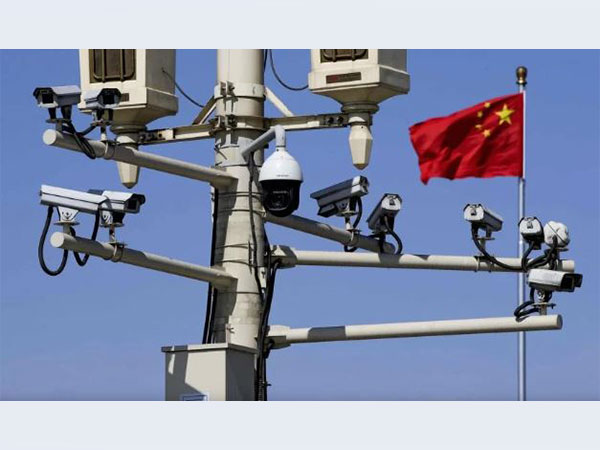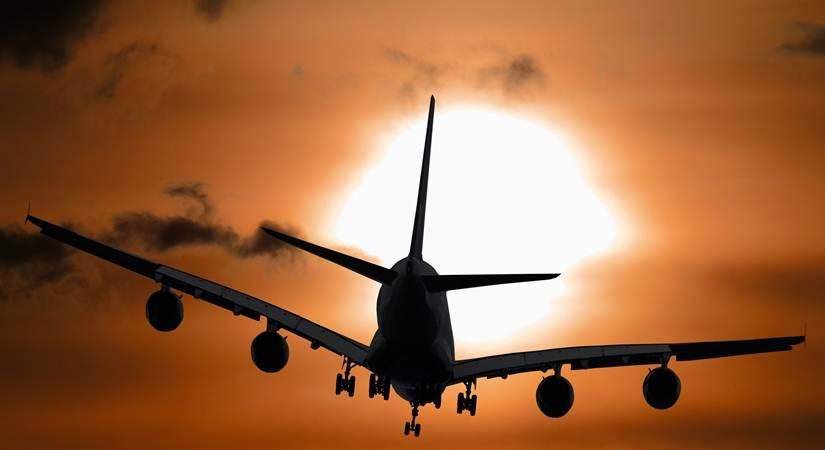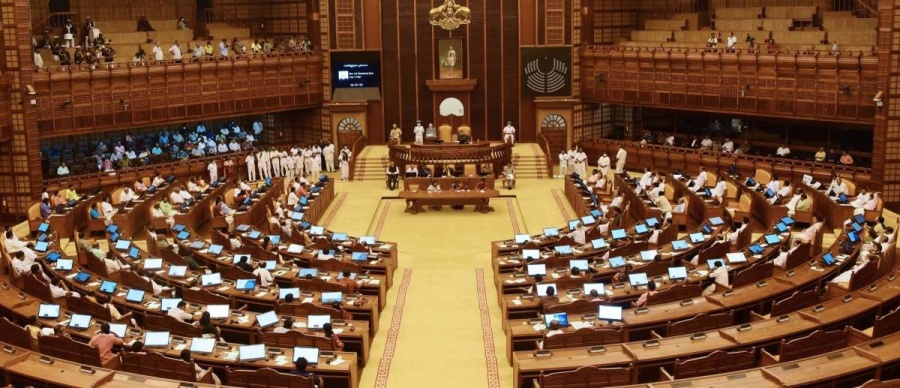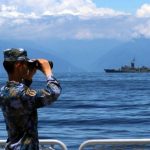Hong Kong police had previously set a target of installing 2,000 new surveillance cameras this year, and eventually increasing the number over the years….reports Asian Lite News
Hong Kong city’s police have started a campaign under which the authorities would install thousands of cameras in the city to elevate their surveillance capabilities.
Despite consistently being ranked among the world’s safest big cities, police in Hong Kong have cited crime as the reason for deeper penetration of CCTVs in the city which critics believe have the possibility of being equipped with powerful facial recognition and artificial intelligence tools, CNN reported.
Hong Kong police had previously set a target of installing 2,000 new surveillance cameras this year, and eventually increasing the number over the years.
CNN noted that the police in Hong Kong aim to eventually introduce facial recognition to these cameras, security chief Chris Tang told local media in July – adding that police could use AI in the future to track down suspects.
In a statement to CNN, the Hong Kong Police Force said it was studying how police in other countries use surveillance cameras, including how they use AI. But it’s not clear how many of the new cameras may have facial recognition capabilities, or whether there’s a timeline for when the tech will be introduced.
Hong Kong held disruptive protests in 2019 to complain about the Chinese mainland government interfering with the freedoms of the city and tightening measures under the garb of national security. The new laws brought in place have been used to jail activists, journalists and political opponents, and target civil society groups and outspoken media outlets.
Fears of mainland-style surveillance and policing caused notable angst during the 2019 protests, which broadened to encompass many Hong Kongers’ fears that the central Chinese government would encroach on the city’s limited autonomy.
Justifying the attempt to increase surveillance in Hong Kong, the local newspapers said that Hong Kong saw 3 per cent increase in crime in the country. In their statement, police told CNN the new cameras would only monitor public places and delete footage after 31 days. They will follow existing personal data privacy laws, as well as “comprehensive and robust internal guidelines,” police said, without elaborating on what those guidelines entailed.
Chinese government is known for its surveillance actions that have often been used to disrupt critics of the Chinese Communist Party.
Despite thThe e CCP routinely assuring that technology will not be misused, it has been time and again seen to be used in more repressive ways, with Xinjiang, a Muslim-majority Uyghur population area of China being routinely surveyed with invasive technologies. (ANI)
ALSO READ: India bids tearful adieu to Ratan Tata














